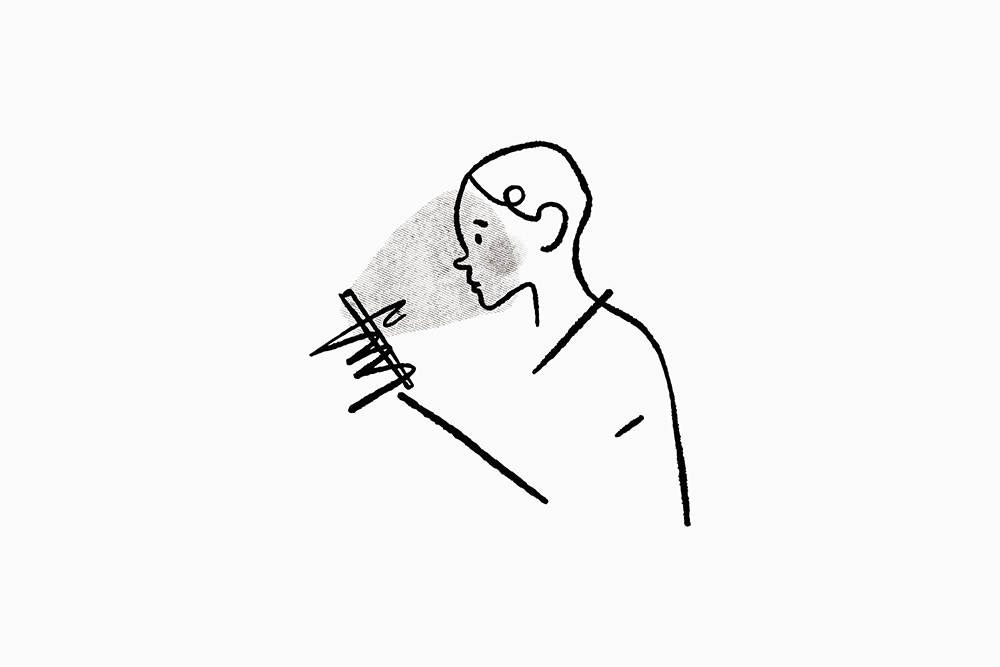More than 500 years ago, Johannes Gutenberg’s printing press revolutionized the world of letters. Instead of having to painstakingly copy books by hand, books could be printed by the thousands.
The very first book that came off Gutenberg’s printing press was the Bible. This made Bibles more accessible than ever before. Other important books were also printed and widely distributed. Clearly, the printing press was a huge leap forward and it led to significantly higher literacy rates in the general population.
However, not everyone was impressed with this new invention. Filippo de Strata, an Italian priest and scribe, felt that the printing press made it far too easy for scoundrels to distribute low-quality books and pamphlets. In 1474, he wrote a scathing polemic against what he called “the brothel of the printing press.”
“They [the printers] shamelessly print, at a negligible price, material which may, alas, inflame impressionable youths, while a true writer dies of hunger. Cure (if you will) the plague which is going away with all the laws of decency, and curb the printers,” demanded de Strata.
Simply put, de Strata believed that the easier it became to print books, the easier it would be to distribute misinformation. While this is obviously true, de Strata’s anti-printing views still didn’t gain much traction. That’s because most people recognized that the best antidote to error is truth—not censorship.
This principle still remains true today in the internet age, where unlimited information (and misinformation) is available at one’s fingertips. Obviously, not all sources are equally reliable, and we need to exercise discernment when using the internet.
Unfortunately, some politicians seem to have an unhealthy obsession with censorship. For example, U.S. President Joe Biden recently accused social media platforms, like Facebook, of “killing people” with misinformation about the COVID-19 pandemic. Similarly, Prime Minister Justin Trudeau’s Liberal government wants to use Bill C-10 to control online content.
To be fair, there is a lot of misinformation on the internet. It’s frustrating to see people sharing blatantly false information about COVID-19 and other important policy issues. To many politicians, the obvious solution is to remove this misinformation from the internet. Hence the demand by President Biden that social media platforms must do more to regulate the content posted by users.
However, censoring this type of content will do more harm than good. That’s because censoring speech rarely changes people’s minds; it just drives that speech further underground. When people retreat into their underground echo chambers, they become even more likely to be led astray by misinformation than before.
Blaming social media platforms for the misinformation shared by their users is like blaming a bookstore for selling controversial books. In a democracy, people have a right to decide for themselves what they will read, and the last thing they need is for the government to dictate what information they are “allowed” to possess.
If you see something that you don’t like on the internet, your best bet is to refute it or ignore it. No government should have the power to unilaterally prevent people from sharing information, no matter how much some politicians might disagree with it.
Censorship of the printed word was the wrong approach 500 years ago and it remains wrong today.
Michael Zwaagstra is a public high school teacher, a senior fellow with the Frontier Centre for Public Policy, and author of A Sage on the Stage: Common Sense Reflections on Teaching and Learning.
Photo by visuals on Unsplash.



